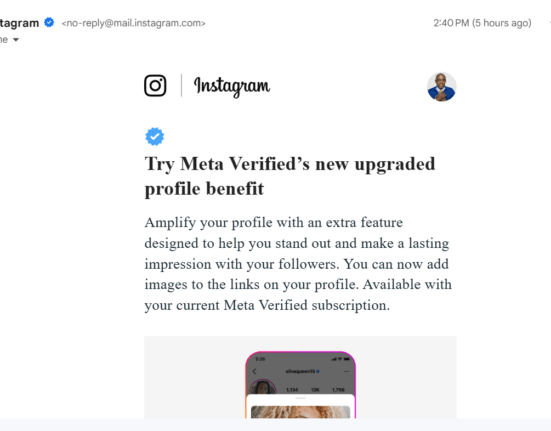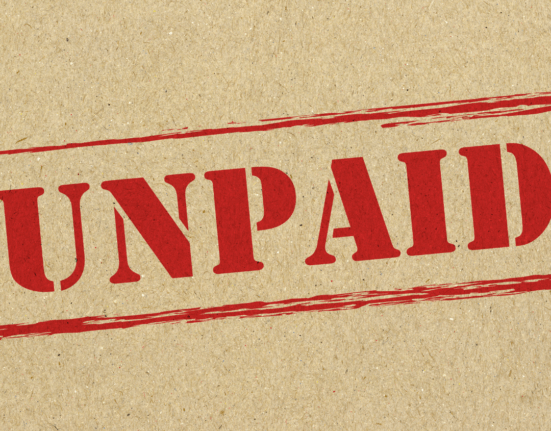Everyone has a different style of communication. Some prefer to receive the main bullet points. They prefer you to quickly get to the point. Others don’t mind and might want all the details. Former Nascar and Indy race car driver and entrepreneur Dancia Patrick loves brevity. She spoke about this with the Genius Network.
It’s important for all of us to learn how to communicate with each other and know who you’re speaking to. One of the keys to clear communication is knowing what you want to convey, who you are conveying it to and how they want to receive the information.
Whether you’re writing an email, a report, or a presentation, the ability to convey your message clearly and concisely is a valuable skill.
Here are some tips on the power of brevity and how it can help you become a more effective communicator.
Why Brevity Matters
Brevity is essential for several reasons:
- It saves time for both the writer and the reader.
- It helps maintain the reader’s attention and engagement.
- It demonstrates respect for the reader’s time and intelligence.
- It ensures that your key points are not lost in a sea of words.
When you’re brief and to the point, you’re more likely to get your message across effectively.
The Pitfalls of Lengthy Communication
Many people fall into the trap of believing that longer sentences and more detailed explanations make them sound more intelligent or authoritative. However, this is often not the case. Long-winded writing can lead to several problems:
- Readers may lose interest or become confused.
- Key points can be buried or lost in the details.
- The writer may come across as rambling or unfocused.
- The message may be less memorable or impactful.
Remember, the goal is to communicate effectively, not to impress with your vocabulary or word count.
Mastering the Art of Brevity
So, how can you embrace brevity in your writing? Here are some tips:
- Identify your key points before you start writing.
- Use short, clear sentences and paragraphs.
- Avoid unnecessary jargon or complex language.
- Edit ruthlessly, cutting out any words or phrases that don’t add value.
- Use active voice to make your writing more engaging and direct.
- Consider your audience and tailor your message accordingly.
By following these guidelines, you can create writing that is concise, powerful, and effective.
When Details Matter
Of course, there are times when more detail is necessary. Some situations that may require a more comprehensive approach include:
- Legal or technical documents
- Scientific or academic papers
- In-depth analyses or reports
- Instructional materials or how-to guides
In these cases, it’s important to provide enough information to ensure clarity and accuracy. However, even in these situations, you should still strive for clarity and organization, using headings, bullet points, and clear language to make your writing more accessible.
The Bottom Line
In most cases, brevity is your friend. By focusing on your key points and expressing them clearly and concisely, you’ll be a more effective communicator. Remember, the goal is not to impress with your word count, but to inform, persuade, or inspire your reader.
So, the next time you sit down to write, challenge yourself to embrace brevity. Your readers will thank you for it.
Related articles:
Here’s How to Write Your Business’s First Business Plan(Opens in a new browser tab)
6 Ways To Better Exhibit at Trade Shows(Opens in a new browser tab)
How Effective Communication Boosts Marketing Efforts by 50%(Opens in a new browser tab)







